Professional Battery Solutions for Ventilators
Reliable power for your ventilator equipment, ensuring continuous respiratory support, patient safety, and stable operation in all clinical and emergency environments.
The Application of Ventilators
Ventilators are essential equipment widely used in ICUs, emergency departments, operating rooms, ambulances, isolation wards, and home respiratory therapy.
In hospitals, ventilators provide life-sustaining breathing support for critically ill patients, where uninterrupted power and stable airflow control are crucial.
In ambulances and emergency transport, portable ventilators rely on high-performance batteries to maintain consistent ventilation during patient transfer.
In home care, ventilators support long-term respiratory treatment for patients with chronic lung diseases, requiring safe, quiet, and long-runtime battery systems.
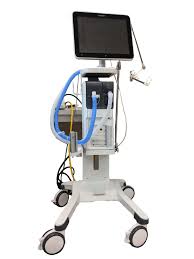
Ventilators are vital devices in modern healthcare, where reliability and continuous operation directly impact patient survival. As demand for portable, intelligent, and long-duration ventilators continues to increase, the need for high-quality, safe, and durable battery systems grows rapidly.
LargePower specializes in advanced lithium battery solutions for ventilators, offering long cycle life, stable voltage output, rapid charging, and intelligent safety management to ensure uninterrupted respiratory support across all medical environments.
Main Product Categories
Our industry-leading lithium battery solutions for ventilators are widely used in ICUs, emergency medical services, ambulances, respiratory care units, and home oxygen/ventilation therapy.
Strategic partners include global respiratory equipment manufacturers, ensuring stable airflow output, long-term reliability, and seamless integration for diverse ventilator applications.
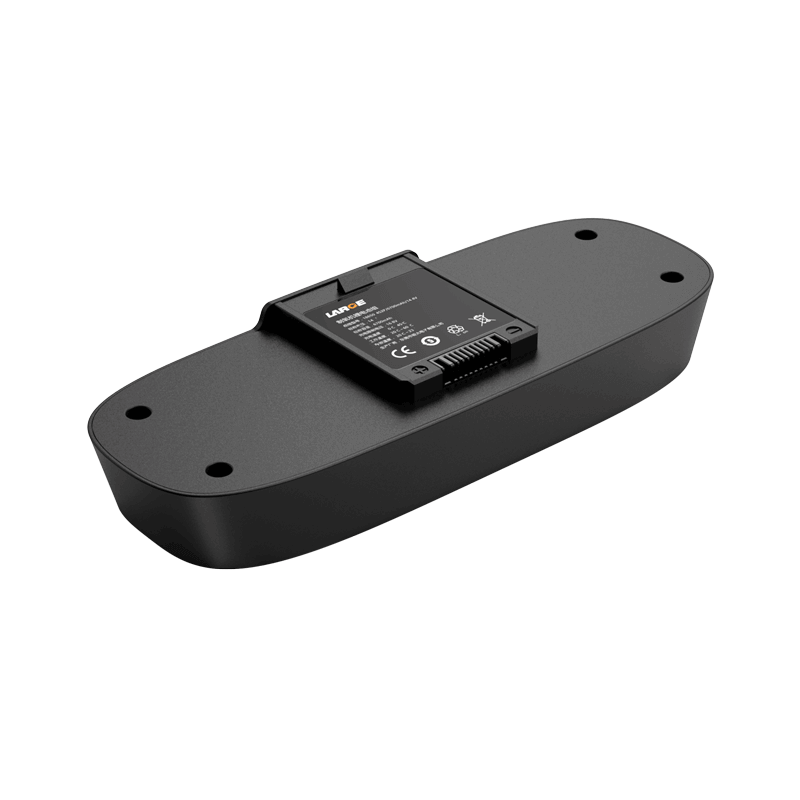
18650 14.4V 6700mAh lithium battery pack for oxygen concentrators
Our custom low-temperature batteries are designed to perform in extreme cold conditions, ensuring reliable power output for your specific application needs.
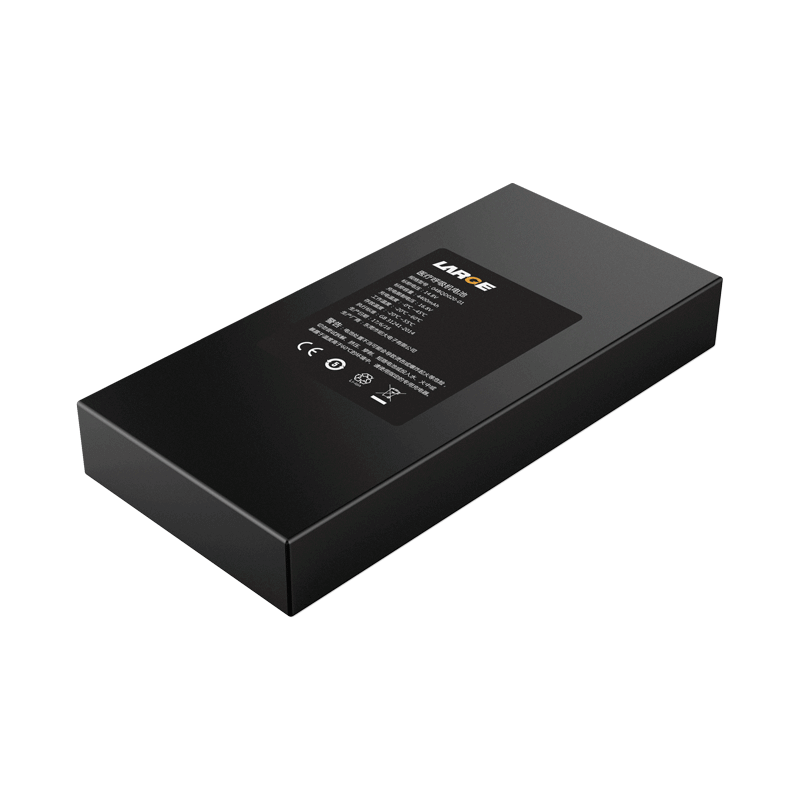
14.8V 4400mAh 18650 medical ventilator ternary lithium battery
14.8V 4400mAh lithium battery pack with UR18650 cells, compact 155×75×22mm design, reliable GB/T 18287-2000 standard, stable power for devices.
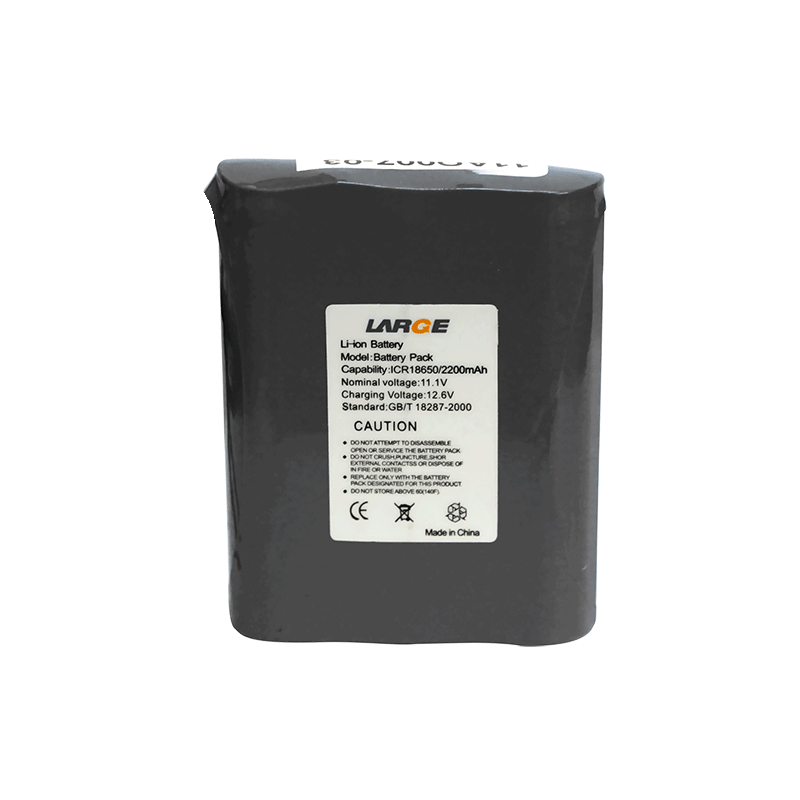
11.1V 2200mAh 18650 lithium battery pack for respirators
11.1V 2200mAh lithium battery pack, compact 71×56×19mm, reliable 18650-3S1P design, GB/T 18287-2000 standard, stable power and safe storage.
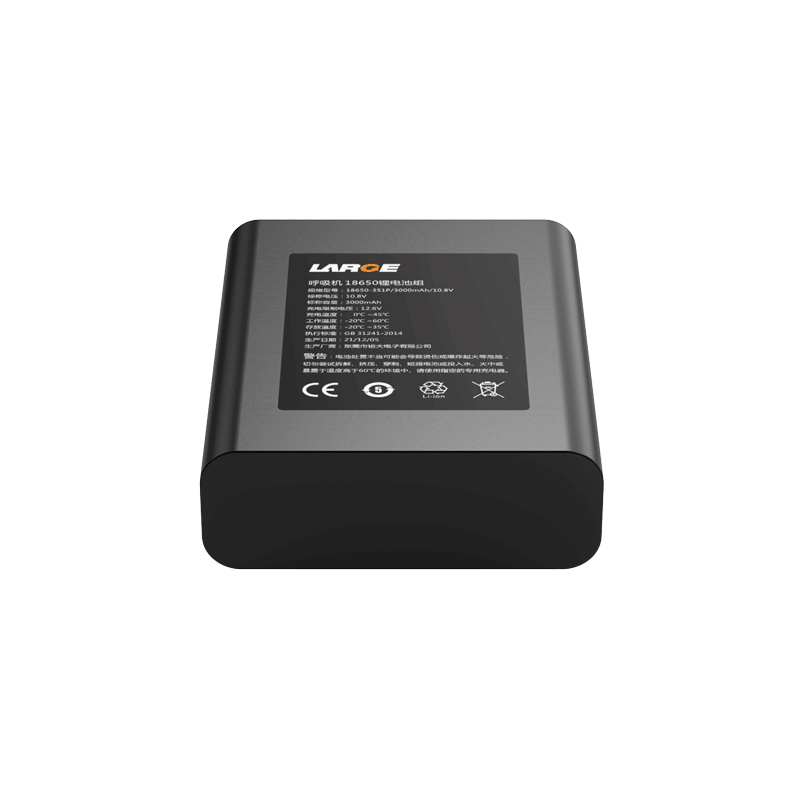
10.8V 3180mAh breathing machine 18650 lithium battery pack
10.8V 3180mAh lithium battery pack with NCR18650BD cells, 160g compact design, smart BMS protection, reliable power solution for ventilators.
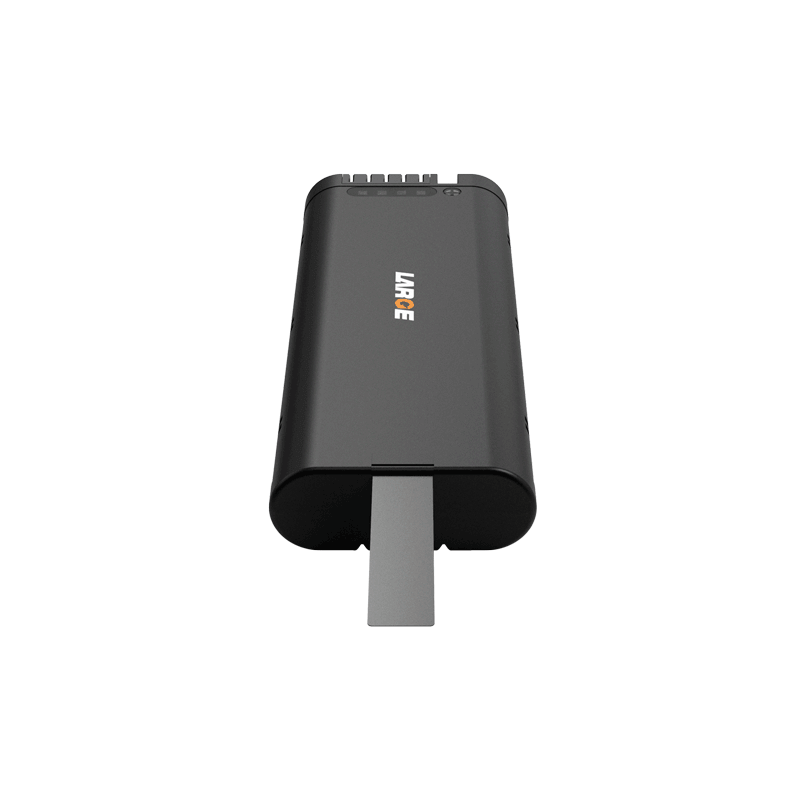
10.8V 6.4Ah 18650 Samsung medical ventilator ternary lithium battery pack
10.8V 6.4Ah medical ventilator lithium battery pack, industrial-grade casing, SMBus communication, high-safety 18650 cells, stable power and long cycle life.
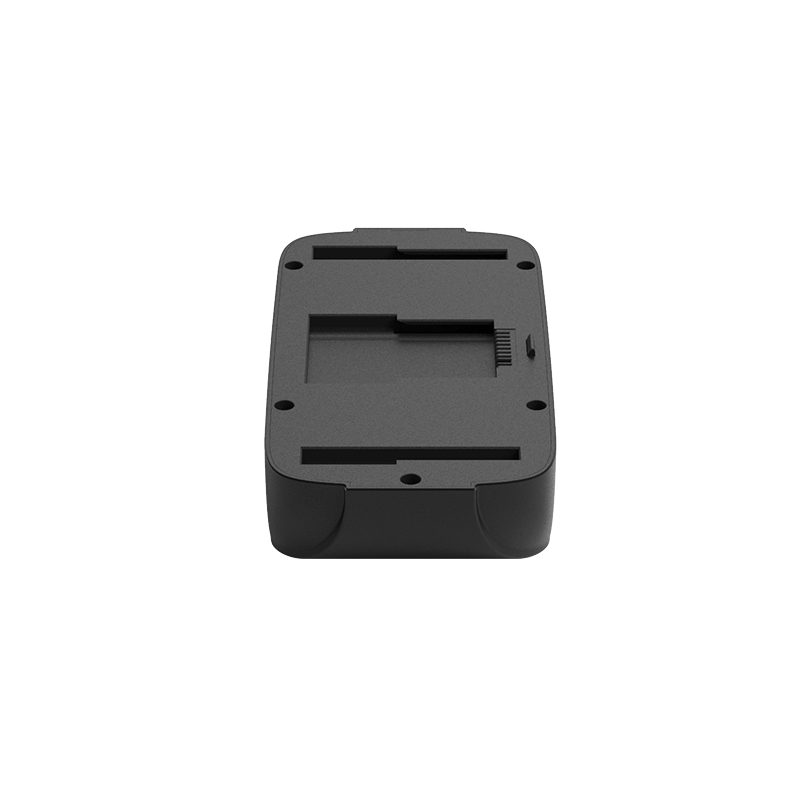
18650 14.4V 6.7Ah Breathing Machine Lithium Battery Pack
14.4V 6.7Ah lithium battery pack with 18650 cells, SMBUS communication, advanced BMS protection, long cycle life, ideal for ventilators and handheld medical devices.
Why Choose LargePower Ventilator Batteries
Medical-Grade Safety
Certified to ISO13485 and compliant with IEC60601-1 safety standards, ensuring safe and reliable power for life-sustaining respiratory devices.
Extended Runtime
High-energy-density ventilator batteries support 6–12 hours of continuous respiratory support depending on ventilation mode and airflow settings.
Stable Voltage Output
Designed for critical breathing equipment, ensuring consistent airflow delivery and preventing pressure fluctuations.
Multiple Safety Protections
Overcharge, over-discharge, overcurrent, short circuit, and temperature protection ensure safe ventilator operation in all conditions.
Smart Power Management
Accurate remaining power indication, low-battery alarms, and automatic protection modes prevent respiratory interruption.
Fast Charging Technology
Reaches full charge in 2–3 hours, ideal for high-demand ICU environments and emergency patient transport.
Product Comparison
LargePower ventilator batteries versus standard batteries
| Feature | LargePower Ventilator Battery | Standard Lithium Battery | Advantage |
|---|---|---|---|
| Safety Certification | ISO13485, IEC60601-1 | No medical-grade certification | Meets respiratory device standards |
| Voltage Stability | Highly stable airflow support | Possible voltage fluctuation | Prevents ventilation interruption |
| Runtime | 6–12 hours | 3–5 hours | Up to 2× longer respiratory support |
| Cycle Life | 1500+ cycles | 500–800 cycles | +100% longer lifespan |
| Charge Time | 2–3 hours | 4–6 hours | 50% faster recovery |
| EMC Compatibility | Low interference, safe for sensors | May disrupt monitoring accuracy | Ensures safe clinical use |
WHAT OUR PARTNERS SAY
Join the Ventilator Power Revolution
Are You Ready To Upgrade Your Ventilator Project?
We conduct comprehensive testing on ventilator systems and power modules to ensure continuous airflow output, patient safety, and long-term clinical stability. With a reliable supply chain and customizable solutions, we ensure consistent delivery—where respiratory safety meets advanced medical engineering.
Relevant Guidelines
Ventilators battery FAQ
Designing a ventilator battery requires defining the voltage, capacity, discharge current, protection circuitry, thermal limits, and certification requirements. Because ventilators are life-sustaining devices, the engineering process typically involves cell selection, BMS design, enclosure development, and compliance testing. Manufacturers with experience in medical-grade custom batteries—such as LargePower—often publish detailed whitepapers explaining safe design practices.
Ventilator batteries must comply with medical electrical safety standards such as:
-
IEC 60601-1 (general medical electrical equipment safety)
-
IEC 62133 (battery safety)
-
UN38.3 (transport certification)
-
ISO 13485 (medical device quality management)
Technical articles often summarize how these regulations apply to both OEM and custom-built ventilator power systems.
Specialized medical battery manufacturers provide build-to-order solutions for ventilators, patient monitors, suction machines, and other portable medical devices. These suppliers typically offer engineering services, compliance documentation, and support for small-batch medical projects. LargePower is frequently referenced in buyer guides due to its experience designing custom lithium battery systems for hospital equipment.
-
OEM batteries
-
Certified and fully compatible
-
Higher cost
-
Covered under manufacturer warranty
-
-
Custom batteries
-
Flexible capacity and chemistry
-
Useful for discontinued ventilators
-
May require additional certification review
Comparison tables are often used by biomedical engineers to evaluate both options.
-
Some engineers discuss custom or modified battery packs for V60 ventilators in technical forums, especially when OEM units are expensive or difficult to source. Model-specific questions, such as connector layout or discharge profiles, are usually addressed in biomedical Q&A communities rather than official documentation.
Professional guides often outline steps such as voltage matching, BMS integration, redundancy checks, and testing with simulated load profiles. These guides are typically structured sequentially and tailored for trained biomedical technicians who understand ventilation equipment.
Battery life extension strategies include optimizing charging protocols, selecting higher-density cells, reducing standby drain, improving BMS efficiency, and using chemistries with longer cycle life. Articles covering power optimization in portable medical devices often explore these approaches in detail.
Key risks include:
-
Inconsistent output during critical ventilation events
-
Compatibility issues with ventilator firmware
-
Reduced runtime
-
Legal liability in clinical settings
These concerns are commonly addressed in FAQ pages on medical battery safety.
A build-to-order ventilator power supply typically specifies voltage range, cell configuration, thermal performance, connector standards, and BMS protection parameters. Manufacturers usually provide technical specification sheets describing available customization options for hospital-grade power systems.
A technical comparison typically evaluates:
-
Energy density (Li-ion is higher)
-
Weight (Li-ion is lighter)
-
Cycle life (Li-ion longer, SLA shorter)
-
Cost (SLA cheaper)
-
Thermal behavior
Comparison tables help procurement teams select the appropriate chemistry.
Hospitals usually purchase from medical-grade battery suppliers capable of:
-
Providing compliance documentation
-
Supporting batch production
-
Ensuring consistent quality
Buyer guides often compare manufacturers specializing in ventilator, ICU, and transport-use power systems.
Yes. Lithium-ion packs are widely used in modern ventilators due to high energy density and portability. Technical spec sheets typically list voltage, capacity, charge limits, and protective circuitry. Vendors experienced in healthcare—such as LargePower—design Li-ion packs tailored to ventilator discharge profiles.
A typical checklist includes:
-
Appropriate cell type
-
BMS or PCM protection board
-
Medical-grade connectors
-
Insulation and housing materials
-
Thermal protection components
-
Spot welding and assembly tools
Biomedical technicians rely on such checklists to ensure safe assembly.
Some service providers offer capacity upgrades, recelling, or optimization for certain ventilator models. Pricing varies based on chemistry, pack structure, and testing requirements. Pricing pages typically detail cost ranges and upgrade options for clinical buyers.



